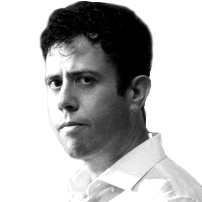Three elements sustain what Winston Churchill indelibly described as the “special relationship” between Great Britain and the United States: a common language, shared values, and Elton John.
The weight of John’s considerable contribution to transatlantic relations was on full, Technicolor display last month in Washington, D.C., where the beloved musician and his songwriting partner of 57 years, lyricist Bernie Taupin, were awarded the Gershwin Prize for Popular Song. Hosted by the Library of Congress in recognition of work that “transcends musical categories, brings diverse listeners together, and fosters mutual understanding and appreciation across cultural borders,” the annual ceremony brings a diverse roster of artists across a range of genres together to pay tribute to the honoree by performing covers of their songs.


